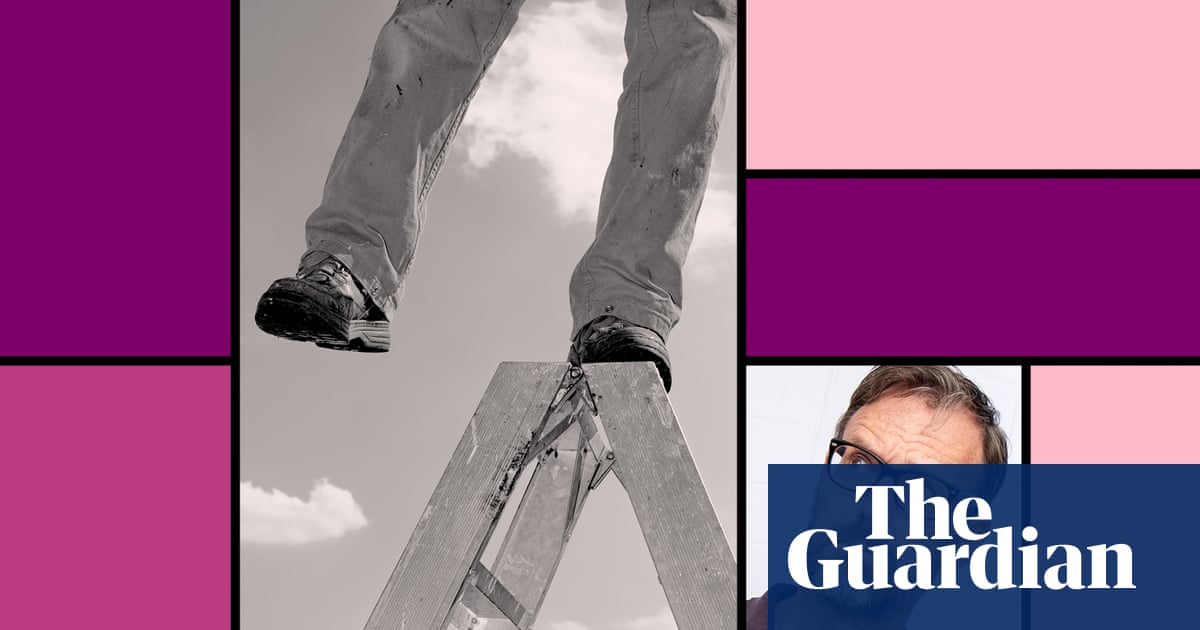
Despite a host of recent achievements, Sudan’s political transition is in its most precarious phase. A wide variety of crises buffets Prime Minister Abdalla Hamdok’s government. Should they get out of control, it will open the door for the military to assume control.
Hamdok’s government last year signed peace deals with several rebel groups, whose leaders were appointed to Hamdok’s new Cabinet on Feb. 8. Despite being led by a technocrat, Sudan’s transitional government has now taken on a decidedly political flavor. It is an awkward assortment of generals, civil society groups, technocrats, career politicians and former rebels. While this is good insofar as it accommodates the diversity of interests, it could also lay the seeds for the eventual unraveling of the country’s political transition.
Despite the recent political developments, the country remains wracked by violence. Even though the government signed peace deals with Darfur’s rebel groups, ordinary Darfuris have continued to face widespread violence. In January, 470 people were killed in clashes between Arab and non-Arab tribes. More than 120,000 people fled their homes, with at least 4,300 fleeing to neighboring Chad.
The violence erupted just two weeks after a joint UN-African Union peacekeeping force ended its mandate in the region. The government in Khartoum has promised a Sudanese peacekeeping force for Darfur. However, there are fears it could include former militia members that have carried out violence in the region. A further escalation of violence, in which the government is seen to be passive or at worst an enabler, will undoubtedly put pressure on the former rebels to ditch the peace deal and take up arms again. A cornerstone of the Sudanese transition could come apart.
Sudan has also seen violent protests in its other regions, primarily due to its failing economy. Protests have engulfed almost the entire country. At about 200 percent, Sudan’s inflation rate is the second-highest in Africa after Zimbabwe. There are widespread shortages of essentials like fuel, bread and medicine. Hamdok’s efforts to renegotiate Sudan’s massive $70 billion debt may force him to pursue a path of painful reform, including cuts to subsidies and a currency devaluation. This could further inflame the street. A heavy-handed response by the government or the perception of continued economic mismanagement will further tarnish the transitional government’s image. It could provide the perfect excuse for the military to intervene under the pretext of establishing order.
In addition, Hamdok’s government faces several political and foreign policy challenges that could threaten the transition. Tension between Islamists and secularists is likely to escalate further in the days ahead.
The government last year agreed to separate religion from the state to satisfy one of the key demands of a rebel group. This year, however, the government seems to have backtracked. Hamdok’s government last month agreed to freeze a part of the post-revolution educational curriculum that was offensive to Islamists. This has enraged secularists, especially among rebel groups, whose support base is either non-Muslim or Christian. These tensions are likely to persist as the government tries to please all sides.
One of the most potent threats to the democratic transition is the relationship between the country’s generals and civil society groups, who sit together in the government. Civil society groups are unhappy over the lack of momentum in investigating and prosecuting members of the military responsible for violently suppressing pro-democracy protests in 2019. Furthermore, Hamdok, an economist, has been careful not to touch Sudan’s lucrative gold-mining sector, in which the military maintains substantial stakes. As Myanmar’s recent experience has shown, militaries facing prosecution or seeing their commercial interests threatened will intervene to snuff out civilian governments. Nevertheless, Hamdok will continue to face pressure to take action from civil society groups.
Despite the recent political developments, the country remains wracked by violence.
Dnyanesh Kamat
Sudan’s recent recognition of Israel has elicited protests from two camps. Some believe that a transitional government ought not to have taken a major foreign-policy decision, leaving it to a future fully representative government. There have also been protests from Islamist groups, some of which are allied to former President Omar Bashir. They could very well use their opposition to the Israel deal to discredit the entire transition.
Tensions between Ethiopia and Sudan continue to escalate. The presence of 43,000 Tigrayan refugees in eastern Sudan could inflame ethnic tensions in the region and put further strains on the economy. Clashes have also erupted between Sudan and Ethiopia along a disputed stretch of their border. An escalation of this conflict could also provide the perfect pretext for the military to assume control, even if temporarily.
The first significant test will be toward the end of February, when Hamdok is supposed to appoint members to the transitional parliament. This will likely be a cause for much rancor in the country. Bickering among Sudanese politicians and civil society groups, accompanied by violence on the street, is the perfect excuse for the military to do away with the democratic experiment. Add to that the fact that the transitional government did not come to power via elections, and the country lacks a towering democratically elected mass leader. Given all this, it would be a miracle if Hamdok manages to successfully steer his country toward democracy.
Dnyanesh Kamat is a political analyst who focuses on the Middle East and South Asia. He also consults on socio-economic development for government and private-sector entities. Copyright: Syndication Bureau
Disclaimer: Views expressed by writers in this section are their own and do not necessarily reflect Arab News" point-of-view












